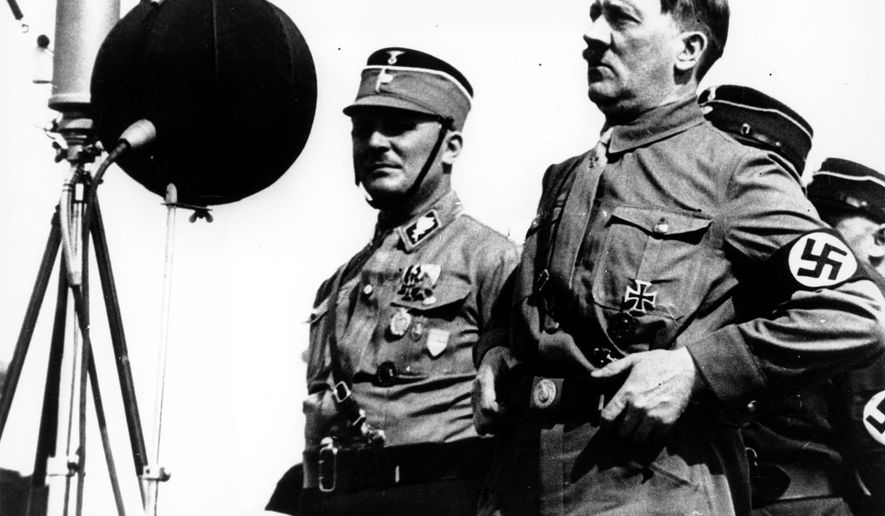When Russian President Vladimir Putin says it was the Soviet Union, not the Western allies, that defeated Nazism and “saved the entire world,” he can point to this date, June 22, as a pivotal moment in that narrative. Eighty years ago today, the largest invasion in history began as more than 3 million German soldiers, supported by the forces of smaller Axis powers, attacked the Soviet Union in Operation Barbarossa.
The battle unleashed a cataclysm. Within months, 3 million Red Army soldiers were taken prisoner by the Wehrmacht and SS; more than 2 million would die of starvation. Millions of Soviet citizens were driven from their homes, and untold numbers were brutally killed.
The invasion sealed the fate of more than 1 million Jews living in Soviet territory, many of whom were executed behind the front lines by special Nazi killing squads, which were assisted by antisemitic residents of villages and towns in Latvia, Lithuania, Ukraine and elsewhere. Before the Nazis built their gas chambers in Poland, they killed hundreds of thousands of Jews in these mass shootings.
This was the racial war of annihilation Adolf Hitler had envisioned: to create living space (Lebensraum) for his thousand-year Reich by destroying the Red Army and deliberately starving to death some 30 million people inhabiting the land mass his armies would conquer. He came frighteningly close to accomplishing both.
In this episode of the History As It Happens podcast, world-renowned war historian Sir Antony Beevor reflects on the importance of Operation Barbarossa in determining the outcome of World War II. After recovering from their staggering losses in the opening stages of the battle, the Soviet forces repulsed the Germans outside Moscow in late 1941 and began turning the tide of the conflict on the Eastern Front.
“This was the geopolitical turning point, because from December 1941, there was no chance of Hitler winning the war,” said Mr. Beevor, who said Hitler compounded his strategic error of invading the Soviet Union by declaring war on the United States on Dec. 11, four days after the Japanese bombed Pearl Harbor.
The Red Army received an assist from the unbearably harsh winter weather for which the Wehrmacht was not prepared. In their arrogance, Hitler and his top generals assumed the conquest of Russia would take a few weeks.
“The frostbite rate was simply terrifying,” Mr. Beevor said. “The other problem was [the Germans’] boots were wrong because they had metal studs.” Their boots fell apart, but Red Army soldiers wore boots made of felt “so when the temperatures dropped down to minus-30 [Celsius] their feet were still alright.”
The Red Army also had the “right oil for their weapons so that their weapons didn’t freeze solid. They had the right methods to keep their aircraft operational, when the Luftwaffe [Germany’s air force] had to light fires underneath the engines of their aircraft,” Mr. Beevor said.
If World War II created our modern world, it was the Soviet Union’s ability to barely survive the massive onslaught of June to December 1941 that laid the foundation. The dimensions of the war on the Eastern Front continue to boggle the mind and demand our attention: More men fought and died there than in all the other theaters of World War II combined, Mr. Beevor said.
For more of Mr. Beevor’s insights about Operation Barbarossa’s relevance today, as well as the roles of Hitler and Stalin in shaping the course of the battle, listen to this episode of History As It Happens.




